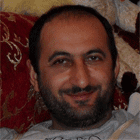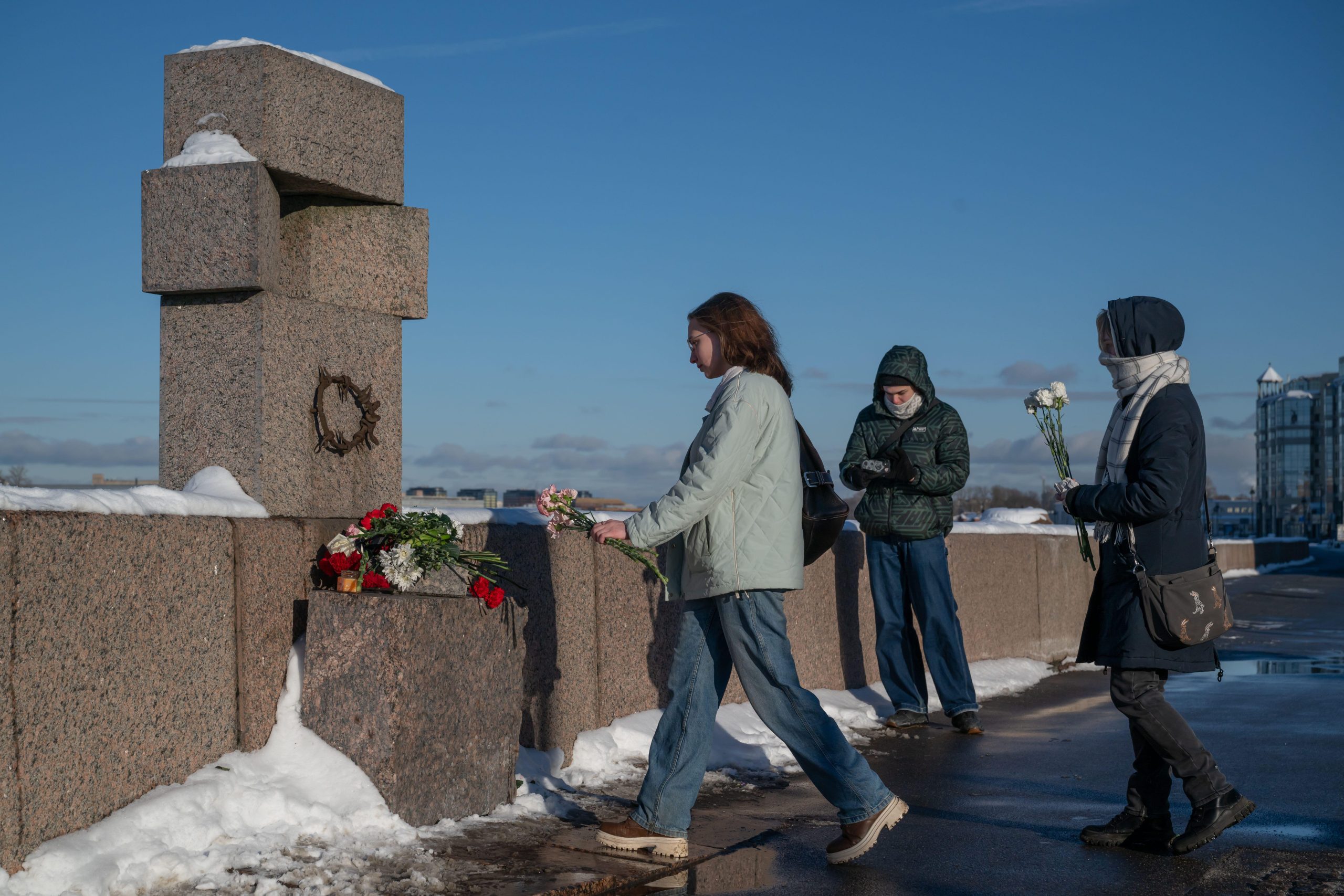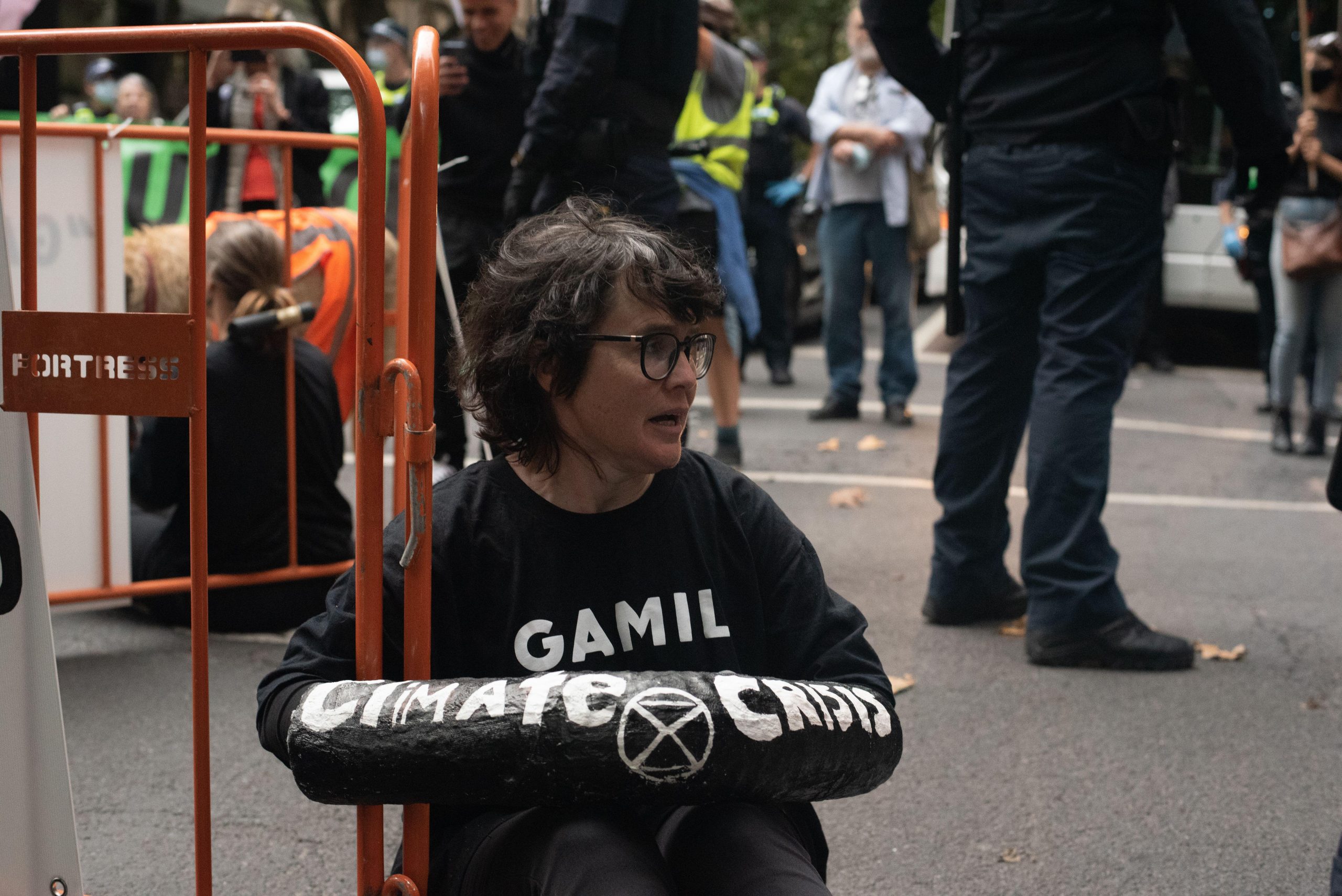 On 18 April, Index award-winner Idrak Abbasov was brutally attacked while he reported on the demolition of houses in his village. Rebecca Vincent recently visited him at his home outside Baku
On 18 April, Index award-winner Idrak Abbasov was brutally attacked while he reported on the demolition of houses in his village. Rebecca Vincent recently visited him at his home outside Baku
Winding up the bumpy road towards Azerbaijani journalist Idrak Abbasov’s home in a hilltop village on the outskirts of Baku, I couldn’t help but think back to the last time I saw him. Just six weeks ago, we met in London at the Index on Censorship Freedom of Expression Awards, where he won the Guardian Journalism Award.
Deeply touched by the honour, Idrak dedicated most of his acceptance speech to the plight of his colleagues who had been arrested, blackmailed or killed in connection with criticising the authorities. “In Azerbaijan”, he said, “telling the truth can cost a journalist their life”.
Idrak’s words seem ominous now. Three weeks later he was badly beaten by a group of employees of the State Oil Company of Azerbaijan (SOCAR) while filming the demolition of houses in his village. Idrak was hospitalised as the result of his serious injuries.
On 8 May, recovering at his home surrounded by his family, Idrak recounted the 18 April attack. “They weren’t just beating me,” he told me, “they were trying to kill me.”
The group of SOCAR employees responsible for the attack was familiar with Idrak and his work, as he had been documenting their demolition of homes in the area for months. He showed me video footage of earlier interviews with local residents who had been forcibly evicted by the SOCAR workers, some of whom had been severely beaten in the process.
Clearly still in significant pain three weeks after the attack, Idrak was having trouble sitting up. He said he was continuing to receive medical treatment at home for broken and fractured ribs, damage to his internal organs and injuries to his eyes.
Despite not being able to walk or see well, Idrak was continuing to do what work he could from home. “I have to work,” he said, “I’m a journalist. And I have three children to support.” But he believed it would be another two or three months before he could resume his normal level of activity. In the meantime, he feared the situation would become worse for other journalists.
His children seemed to be a major source of motivation for Idrak in his work as a journalist. “I want them to live in a good situation, in a good country,” he said. For some time, Idrak’s family have been facing tremendous pressure, including vandalism to their home and car. When Binagadi Oil Company attempted to demolish his home in September 2011, several of his relatives were physically attacked as they intervened.
Idrak was grateful for the international support he has received, which he believed made a difference in how has been treated. “Without international support, it would have been worse. Maybe the Index on Censorship award kept me from getting killed,” he said.
Although Idrak thought international pressure on the authorities might help move the investigation forward, he did not have high hopes that there would ever be justice in his case. “Azerbaijan is not a country that respects the rule of law,” he said.
The attack against Idrak is one of many recent examples of the alarming freedom of expression situation in Azerbaijan, where authorities seem determined to silence critical voices in the run-up to the Eurovision Song Contest, which will take place later this month in Baku. Local journalists and activists fear further such attacks in retaliation for criticism following Eurovision once the international media’s interest in Azerbaijan has waned.
Rebecca Vincent is a freelance human rights consultant and expert on freedom of expression in Azerbaijan




